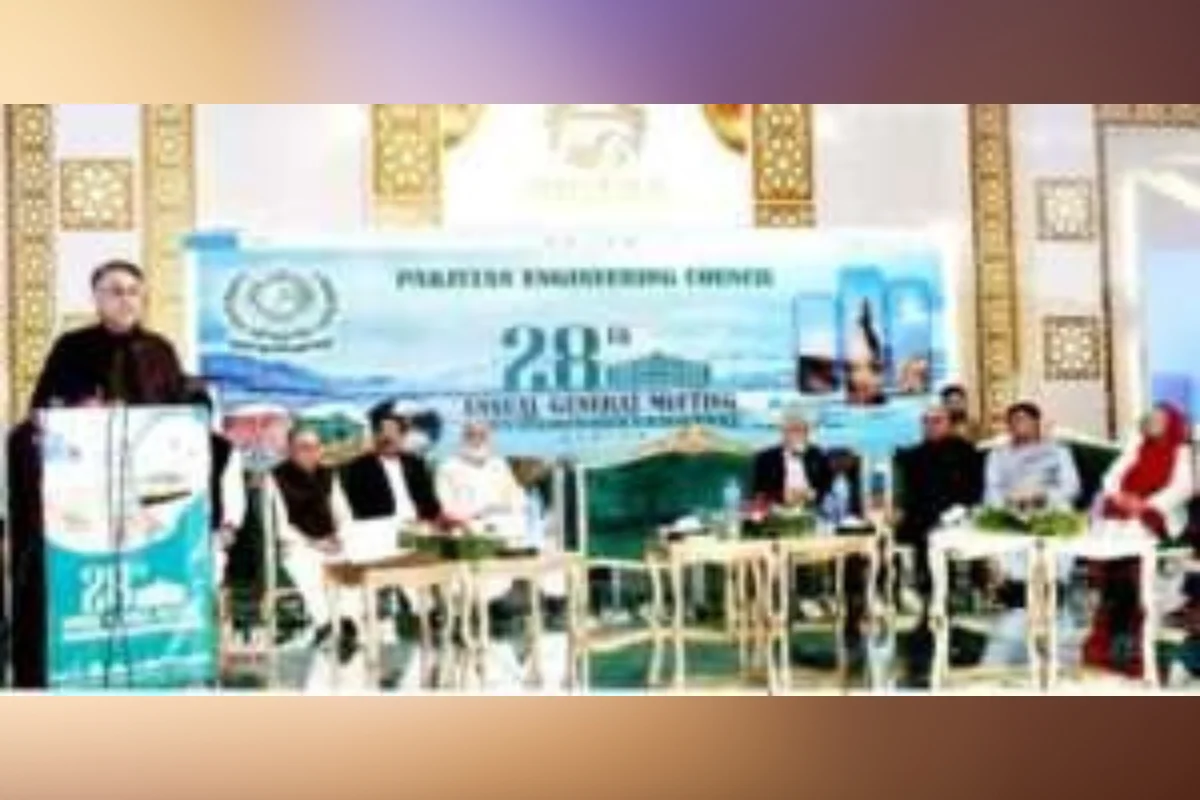A New Dawn: The 28th PEC Meeting in Balochistan
The Pakistan Engineering Council convened its 28th meeting in Balochistan after a staggering 12-year hiatus and pause. This long-awaited 28th PEC has brought hope to the province, with high expectations that it will usher in a new era of development.
As the meeting addresses issues like road construction, dam building, civic facilities, and other basic amenities, it marks a pivotal moment for Balochistan’s journey toward progress.
Historical Neglect and the Need for Intervention
The 12-year gap between PEC meetings in Balochistan reflects the historical neglect and underinvestment that the province has endured. It also underscores the pressing need for attention and intervention in a region that holds enormous potential, both in terms of its natural resources and its resilient people.
Balochistan’s population has long awaited the opportunity to voice their concerns and aspirations, and the PEC meeting has emerged as a beacon of hope for addressing their needs.
Road Construction: Transformative Decisions Await
One of the most crucial aspects expected to be discussed at the PEC meeting is road construction. Balochistan’s challenging terrain, characterized by rugged mountains and vast deserts, has posed significant obstacles to transportation and connectivity.
The decisions taken regarding road infrastructure could be transformative. Improved roads will not only enhance accessibility but also unlock economic opportunities by facilitating trade, tourism, and investment in the province.
Dams: Building for Sustainability and Self-Reliance
The construction of dams is another critical agenda item. Balochistan boasts substantial water resources, and the development of dams has the potential to alleviate water scarcity, provide irrigation for agriculture, generate clean energy, and ensure a stable water supply for both urban and rural areas. Decisions on dam building will significantly impact the region’s sustainability and self-reliance, reducing its dependency on external resources.
Historic Opportunity for Balochistan’s Development
The 28th meeting of the Pakistan Engineering Council in Balochistan represents a historic opportunity for the province to address its longstanding challenges and unlock its vast potential. After a 12-year gap, the people of Balochistan have placed their hopes on this gathering to bring about real change and development.
Balochistan’s Future: Infrastructure, Economy, and Quality of Life
The decisions made at this meeting will not only shape the infrastructure and economy of Balochistan but also the quality of life for its residents. It is our collective hope that the outcomes of the PEC meeting will pave the way for a brighter, more prosperous future for Balochistan and its people, fulfilling the province’s aspirations and expectations.
Equitable Distribution: From Urban Centers to Remote Corners
Balochistan’s capital city, Quetta, and the entire province should experience the dividends of development. The PEC meeting’s outcomes should not remain confined to the urban areas but extend to the remotest corners of Balochistan. Ensuring that the benefits of progress are distributed equitably is essential to bridge the developmental disparities within the province.
Sustainable Development: Harnessing Resources Responsibly
The meeting should emphasize sustainable development in Balochistan. The province’s natural resources, including minerals and energy reserves, must be harnessed responsibly to safeguard its environment and long-term prosperity.
Sustainable development practices should be integrated into every facet of decision-making to ensure a greener and more resilient Balochistan. The meeting should lay the foundation for employment opportunities and skill development.
Empowering Through Engineering and Technical Industries
By encouraging the growth of engineering and technical industries within the province, Balochistan can reduce unemployment rates and empower its youth. Vocational training and skill development programs will equip the local population with the expertise needed to contribute to the region’s growth.
Prioritizing Civic Facilities: A Right for Every Citizen
The meeting’s focus on civic facilities is equally essential. Access to basic amenities such as clean drinking water, sanitation, electricity, and reliable public transportation is the right of every citizen. Balochistan, like any other region in Pakistan, deserves these fundamental facilities to ensure a decent quality of life. The PEC meeting must prioritize addressing the infrastructure gaps that have long hindered Balochistan’s progress.


